T4K3.news
Gaza famine debate divides US lawmakers
Sanders and Greene push opposing views as a UN famine warning tests US policy on aid and alliances.

Two lawmakers across party lines push conflicting views as a UN warning on famine in Gaza tests how the US should respond.
Gaza famine debate divides US lawmakers
Two US lawmakers took opposite stances as a UN backed report warned of famine in parts of Gaza. Senator Bernie Sanders urged halting US weapon sales and funding to the Israeli government, arguing the war is a humanitarian crisis that taxpayers should not support. Representative Marjorie Taylor Greene described the Gaza crisis as genocide while acknowledging Israel's right to defend itself, and called for a policy shift that would cut aid to Israel if civilians suffer. The IPC said the famine is man-made and requires immediate action, while Israeli authorities dismissed the report as biased data from Hamas. The exchange comes as other voices in Congress remain largely quiet while humanitarian groups appeal for relief.
The moment exposes a rift over how the United States should balance moral concern with strategic alliance. Social media amplifies every statement, turning humanitarian rhetoric into political theater. Yet the debate could push for more oversight and relief, or deepen polarization that slows aid delivery.
Key Takeaways
"No more American taxpayer dollars to Nethanyahu’s war machine"
Sanders calling for ending US funding to Israel in protest of Gaza war
"Does Hamas deserve it Yes"
Greene questions accountability for attacks while condemning civilian suffering
"As this famine is entirely man-made, it can be halted and reversed"
UN IPC describing famine in Gaza
"The international media is missing the real story of famine in Gaza"
Huckabee on X
The debate highlights a split over how the United States should respond to civilian suffering in Gaza without sacrificing alliances. Social media makes every statement feel decisive, turning humanitarian rhetoric into political theater. Calling famine or genocide a political tactic risks inflaming public opinion and complicating practical aid decisions. Yet the moment also shows some lawmakers willing to challenge long standing policy lines, which could push for more robust aid and oversight. The risk is to confuse moral urgency with political theater and delay urgent relief.
Highlights
- Compassion must guide policy amid a starving Gaza
- Taxpayer dollars should not fund genocide in a foreign war
- Famine is a humanitarian deadline not a political weapon
- Policy choices now will shape civilian lives in Gaza
political sensitivity and humanitarian policy risk
The piece touches on volatile political statements about Gaza and US aid, risking backlash from allies and critics alike and potentially affecting policy conversations.
Policy choices now will shape civilian lives amid a fast moving crisis.
Enjoyed this? Let your friends know!
Related News
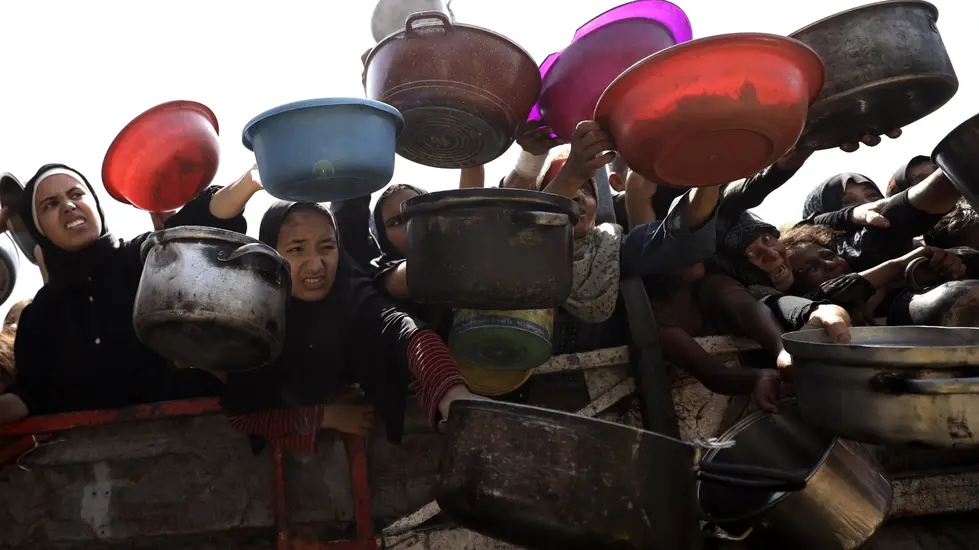
US policy under scrutiny in Gaza
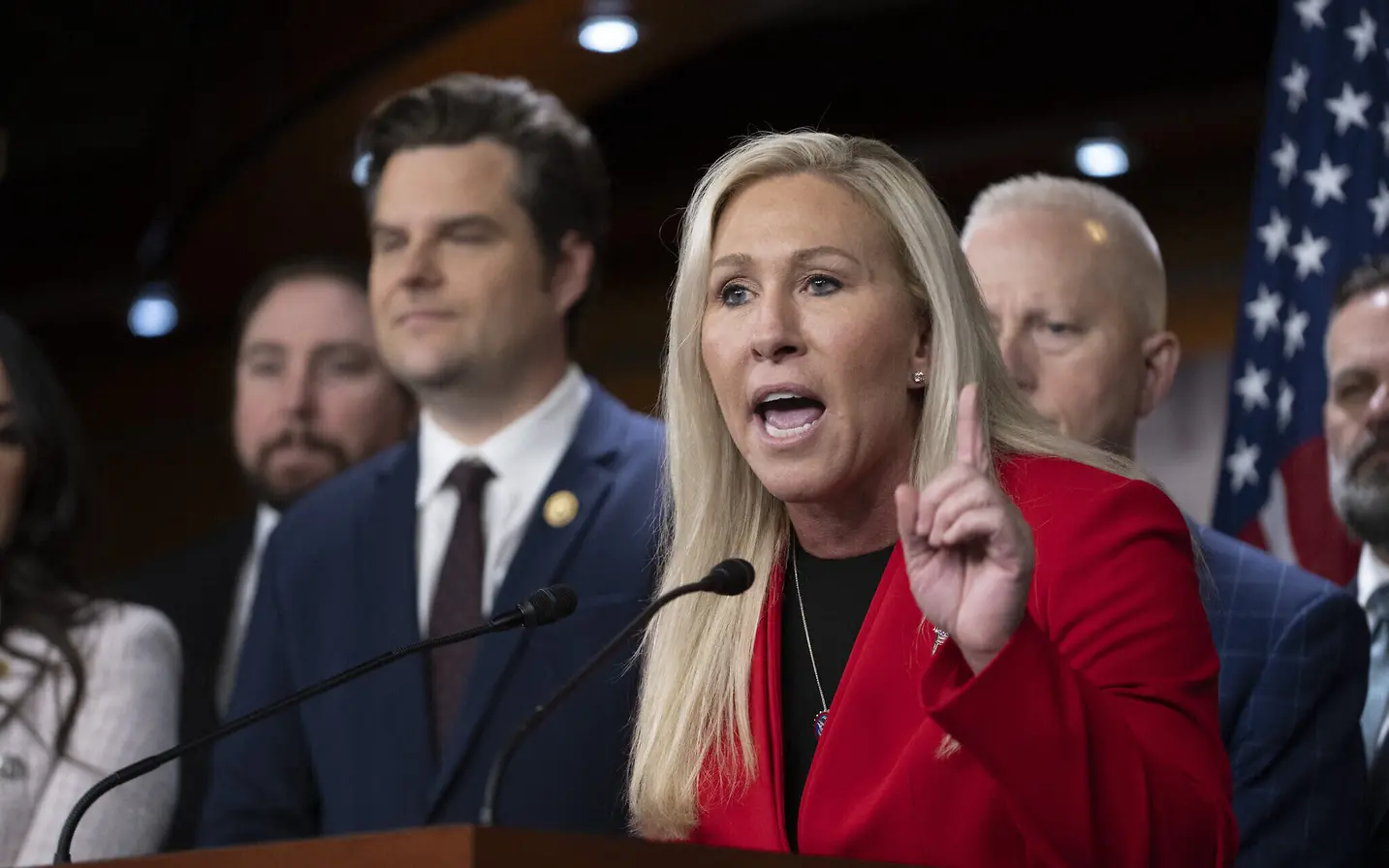
Marjorie Taylor Greene calls Israel's actions in Gaza genocide
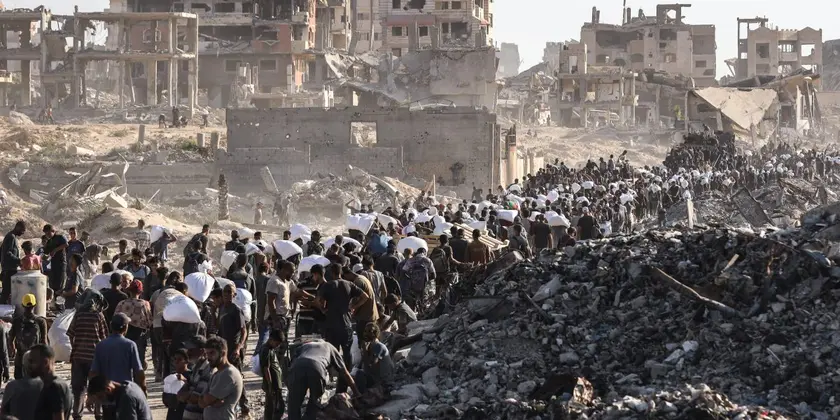
Increased Global Pressure on Israel Due to Gaza Actions
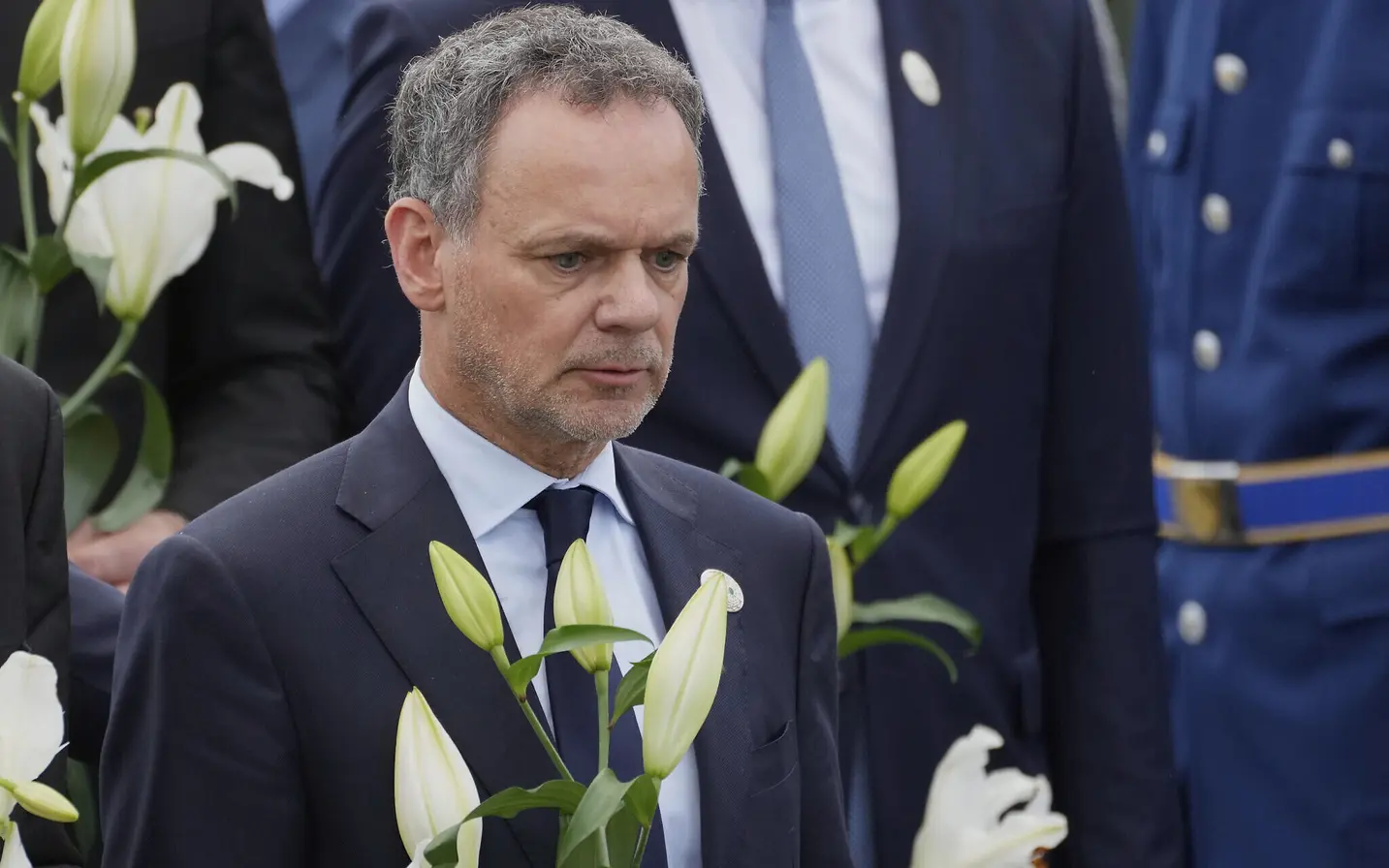
Dutch government shaken by foreign minister resignation
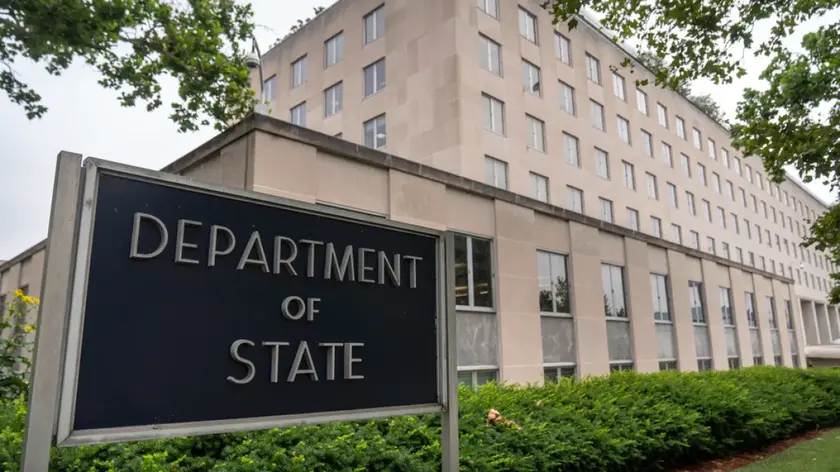
U S pauses Gaza visas

Front pages on Gaza and migration
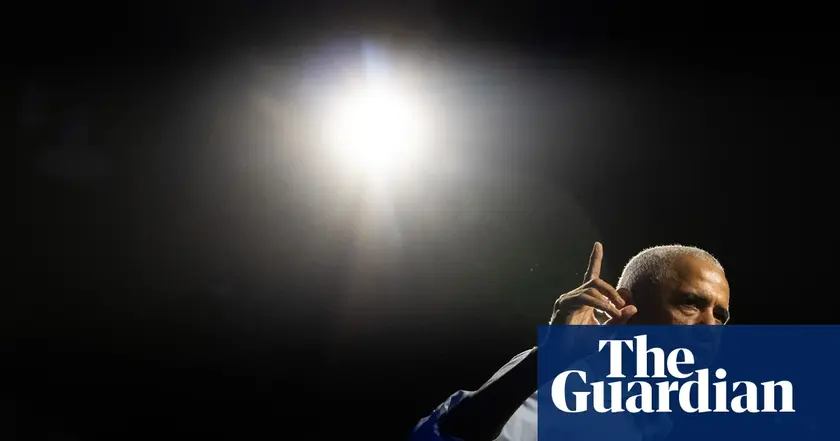
Obama frames Kirk shooting as test of democratic norms
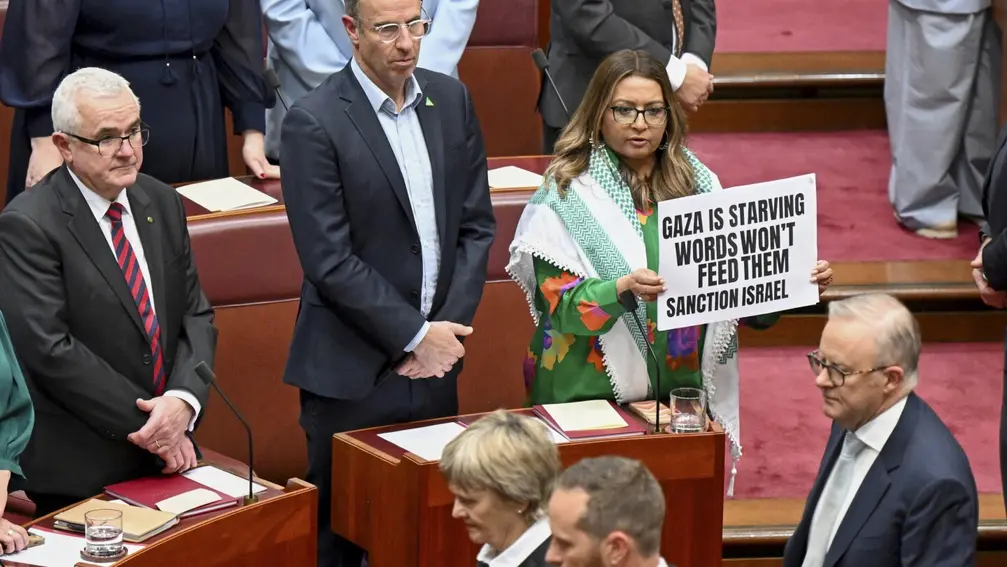
Australia’s Parliament resumes with pro-Palestinian protests
